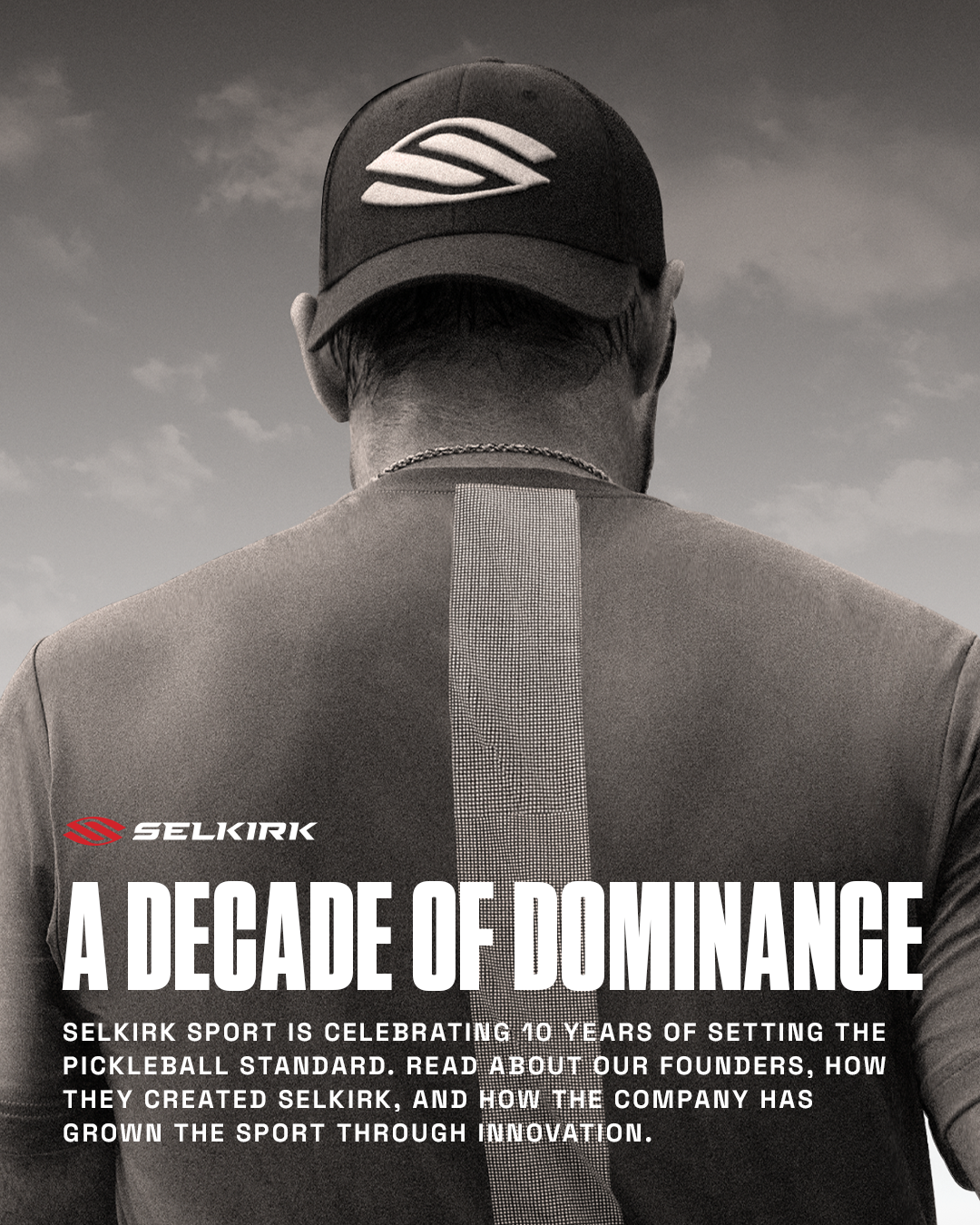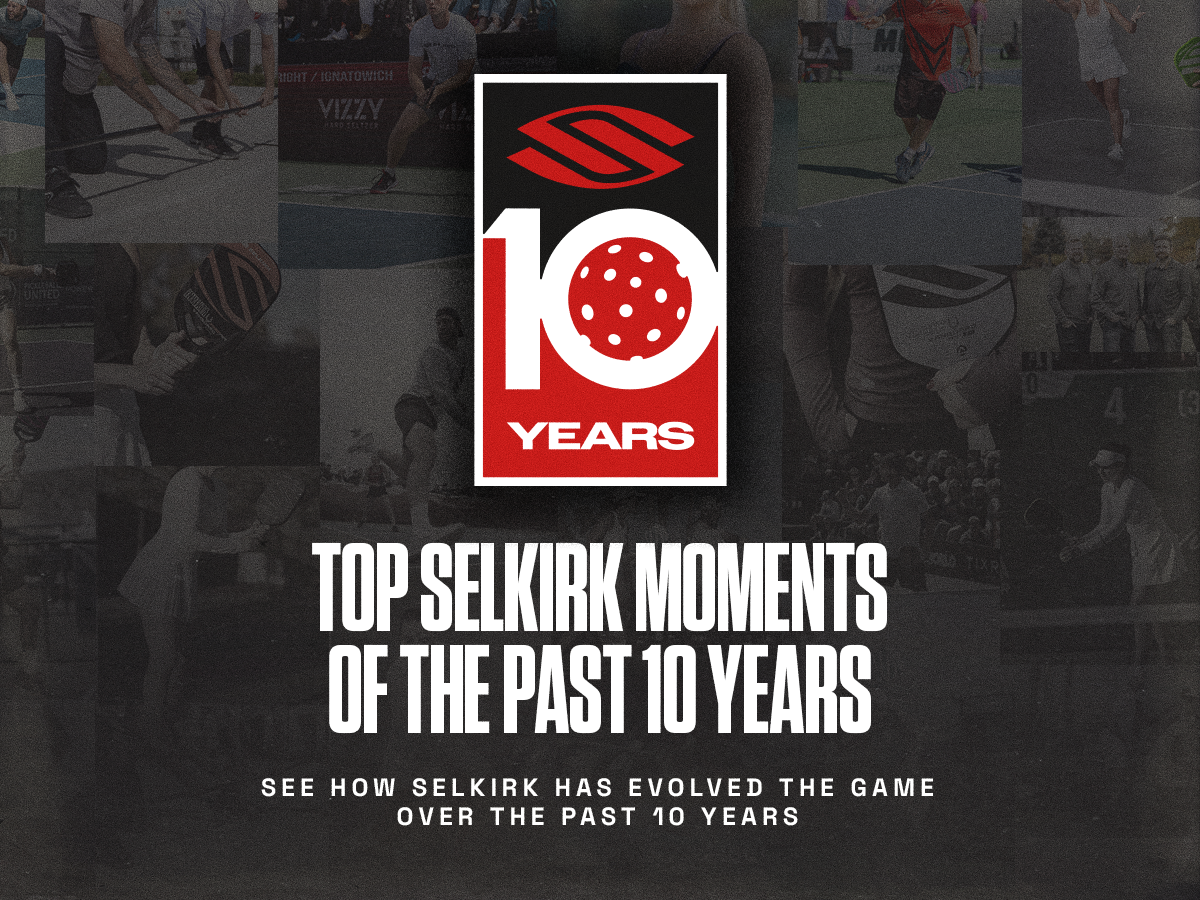
San Quentin. Rikers Island. Folsom State.
All three are notorious correctional facilities, inspiring countless films, songs, and even a series of live prison albums recorded by Johnny Cash.
But the three have something else in common — They now have pickleball programs thanks to Selkirk Advocate Roger BelAir.
A resident of Edmonds, Washington, BelAir has been playing pickleball for the last 14 years. Now a pickleball coach, BelAir has taught the game to more than 4,000 students and has even traveled to Bainbridge Island, the founding site of pickleball, to play.
“I kind of drank the Kool-Aid,” BelAir jokes.
One Sunday evening in 2017, BelAir and his wife were watching an episode of “60 Minutes” in which a segment featured Cook County Jail in Chicago.
“The inmates were just sitting around playing cards or chess and I said to my wife, ‘These guys should be playing pickleball,’” BelAir recalls. “She looked at me and gave me a polite nod, but I felt really strongly about it.”

So, BelAir wrote the sheriff a letter to share the physical and mental benefits of pickleball. Per a study done by Apple, the self-reported scores of depressive symptoms were 60% lower among frequent pickleball players as compared to those who didn’t play.
After some encouragement from his 10-year-old daughter who had played pickleball in school, the sheriff invited BelAir to Chicago to host a pickleball clinic.
“The first time I went, I was walked into a room with 25 guys who had all been charged with murder or attempted murder,” BelAir says. “I started to tell them some background of the game and many of them had their arms crossed and wouldn’t make eye contact. But after they were out on the courts for 10 minutes, they opened up. They just loved it.”
BelAir visited Chicago two more times, and on his last visit, a sports reporter for USA Today wrote about the program. People read the article across the country and suddenly, BelAir’s phone wouldn’t stop ringing.
BelAir has now visited more than 18 prisons — including in Florida, Texas, and Corcoran, California, where Charles Manson spent many years — many of which are still actively playing the game.
One of his most recent visits was to San Quentin, a maximum-security prison. In discussions with staff leading up to the visit, BelAir suggested some of the staff play with the incarcerated individuals.

“They just kind of gave me a polite smirk and said, ‘This is San Quentin. We’ve been around for 170 years and never has a warden participated in any type of athletic event,’” BelAir says. “But on the day, the warden was there with a headband on and he had a paddle ready to go.”
The visit was so successful that many of the inmates refer to it as “the day that changed San Quentin.” Several participants discussed the day on “UNCUFFED,” a podcast hosted and produced by those incarcerated at San Quentin.
“Pickleball coming to San Quentin offered an opportunity to bridge those divides where you can see custody and the incarcerated playing against each other or even playing on the same side against another pair of incarcerated and custody,” Host Ryan Pagan says. “Just seeing that gave me a little bit of hope that if we can change the way the custody views us, we can definitely change the way society views those that are incarcerated and be willing to accept us as their neighbors.”

For BelAir, that’s what the program is all about. He has even founded a nonprofit called Pickleball for Incarcerated Communities League to introduce more pickleball programs into correctional facilities.
“About 95% of all inmates eventually get out, so if we can help make them better people on the inside, it’s better for everyone once they return to society,” BelAir says.
Those interested in joining PICL or starting a program at their local facility can email BelAir at belairr@gmail.com for more information.























































